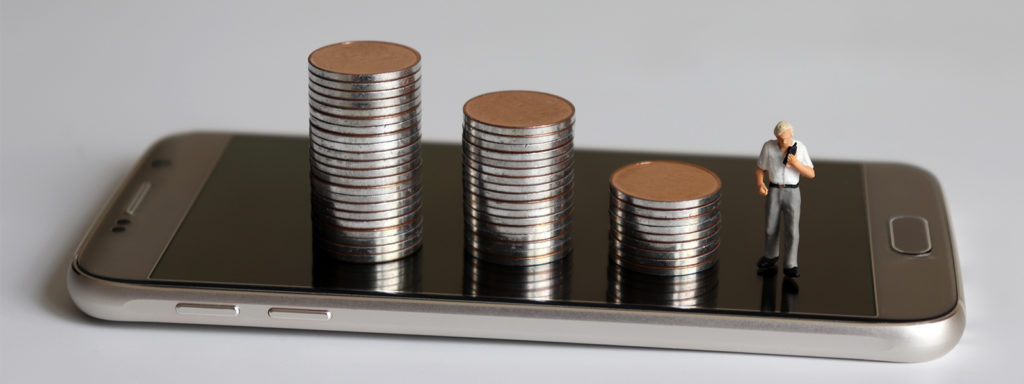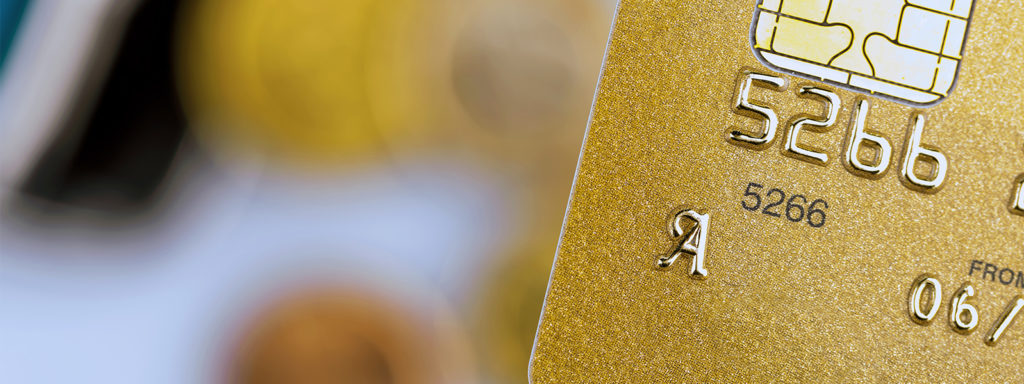I believe that, just like people, our money needs a purpose. Sometimes it’s obvious what that purpose is: saving, covering the cost of housing, food, bills etc. but often, once those recurring payments are taken care of, the remaining dollars tend to magically vaporize from our bank account and drift off to find their own purpose..
9 times out of 10, when I sit down with someone to review their income and expenses, there is more money flowing out each month than they can account for. Where does this money go? Depending on your age, that could literally be a million dollar question so it’s one I’ve spent some time thinking about.
Tracking your spending will help you rein in your drifting dollars and “repurpose” them for saving or more conscious spending. If you could use a little more money for savings, bills or splurges, then here are three areas that are worth focusing your attention on:
Food

Food is a necessity but we often spend far more on food than we actually need to. How many times have you walked into the grocery store to buy just a couple of items only to walk out with a basket full? How many times have you picked up take-out to save time rather than cooking at home? How many times have you spent more at a restaurant than you realized? When we don’t pay enough attention or take the time to plan ahead it often ends up costing us and, while an extra $20 or $50 here and there might not sound like a big deal, it can add up to a significant amount over time.
How to Save Money:
An easy way to make sure you stick to your grocery budget is to start shopping with cash and leave your cards at home. If your grocery budget is $100 then that’s what you take to the store and it’s amazing how much more attention you pay to what you’re actually spending when you know you won’t be able to cover any excess at the cash register if you go over budget! Similarly, when you go out to eat, take cash and pay attention to what you’re ordering: extra drinks, upsizes or appetizers can add a lot to your final bill.
Even better than the cash option, is buying a gift card for your regular grocery store or favourite eatery: you can purchase a card for whatever amount you set your budget at and then anything you don’t spend can be used at a later date rather than burning a hole in your pocket the way change tends to!
Finally, try to “eat the cupboards” for at least 2-3 meals per week and use items that you already have in your kitchen cupboards or in the freezer. Often we buy things on sale because they’re a good deal and then forget to eat them… take a look through your food cupboards; you might be surprised how much is actually there!
Connectivity

My parents have a really hard time understanding why I spend so much money each month on “connectivity” and I can see why they’re baffled. Between cable, internet and cellphone charges, I’m easily spending over $200/month on services that didn’t even exist 20 years ago. It’s interesting to me that so many of us can’t find money to save but we can find money for high-tech cable, satellite or cellphone packages. Like anything else in life, it’s a question of priorities and, for most people, the immediate gratification of lightning fast internet and access to thousands of channels is obviously far more pleasurable than stacking away an extra $100/month in savings. However, when you consider that over 30 years, that $100/month could be worth $50,000-$120,000 (assuming a 2-7% rate of return) then perhaps it’s worth taking another look at what you’re spending.
How to Save Money:
Start by comparing what you’re currently paying to what the competitors are offering. It doesn’t matter if you don’t want to switch providers; sometimes just suggesting to the customer care rep that you’re willing to cancel your service to get a better deal elsewhere is enough to get a better rate with your current provider. Next take a look at what you’re actually paying for: maybe you’re paying for an higher speed of internet or a larger amount of data than you need? Perhaps you’re paying for channels or options that you’re not using (or could live without)? Chances are, there’s a way to pay less each month without having to give up the services that you really enjoy. It certainly doesn’t hurt to ask.
Credit Protection

Unfortunately, there is a lot of money to be made by selling products that people think they might need for but which they rarely have cause to use. A classic example of this is the myriad of credit protection products that will pay off your credit card, line of credit or car loan balance if you should die or develop a critical illness. These products typically charge you a small amount per $100 of coverage and the premium fluctuates with your account balance; the higher the balance, the more you pay. When you sign up, that 99 cents per $100 might not sound like a lot but when you’re paying $188.10 per month to cover a $19,000 balance, like one lady I met recently, you’re paying an incredibly high amount for a very small amount of insurance. (To put her premium in perspective, at 67 years old, it would cost her around $170 per month for $250,000 of life insurance. That’s more than 10x the coverage for $17 LESS per month.)
How to Save Money:
Take a look at your statements and see if you’re paying for coverages you don’t need. These products are optional so if you don’t want to pay the premiums, you can cancel them. Generally speaking, if you want to insure your debts in case anything happens to you then the most cost-effective way to do that is through a life insurance policy, If you don’t have life insurance or you don’t have enough to cover your debts then get a quote to see what it would cost you. The younger you are (and the better your health is) the lower your premiums are likely to be. Last year, I met a young couple in their 20s who were paying $300/month to cover $30,000 of debt. They were able to get $250,000 of life insurance coverage for only $30/month which freed up $270/month for savings and put them in a much stronger position to protect their family if anything were to happen to them.
Keeping an eye on your finances means not just tracking your spending but evaluating what you’re spending and whether that spending is reasonable. Too often we sign up for free trials of products we forget to cancel or subscribe to services that we don’t use and those items eat away at our disposable income. Taking control of our money means not only taking control of our spending but also taking responsibility for our expenses so that we can free up additional money for savings and also for fun.
Written by Sarah Milton from Retire Happy.





